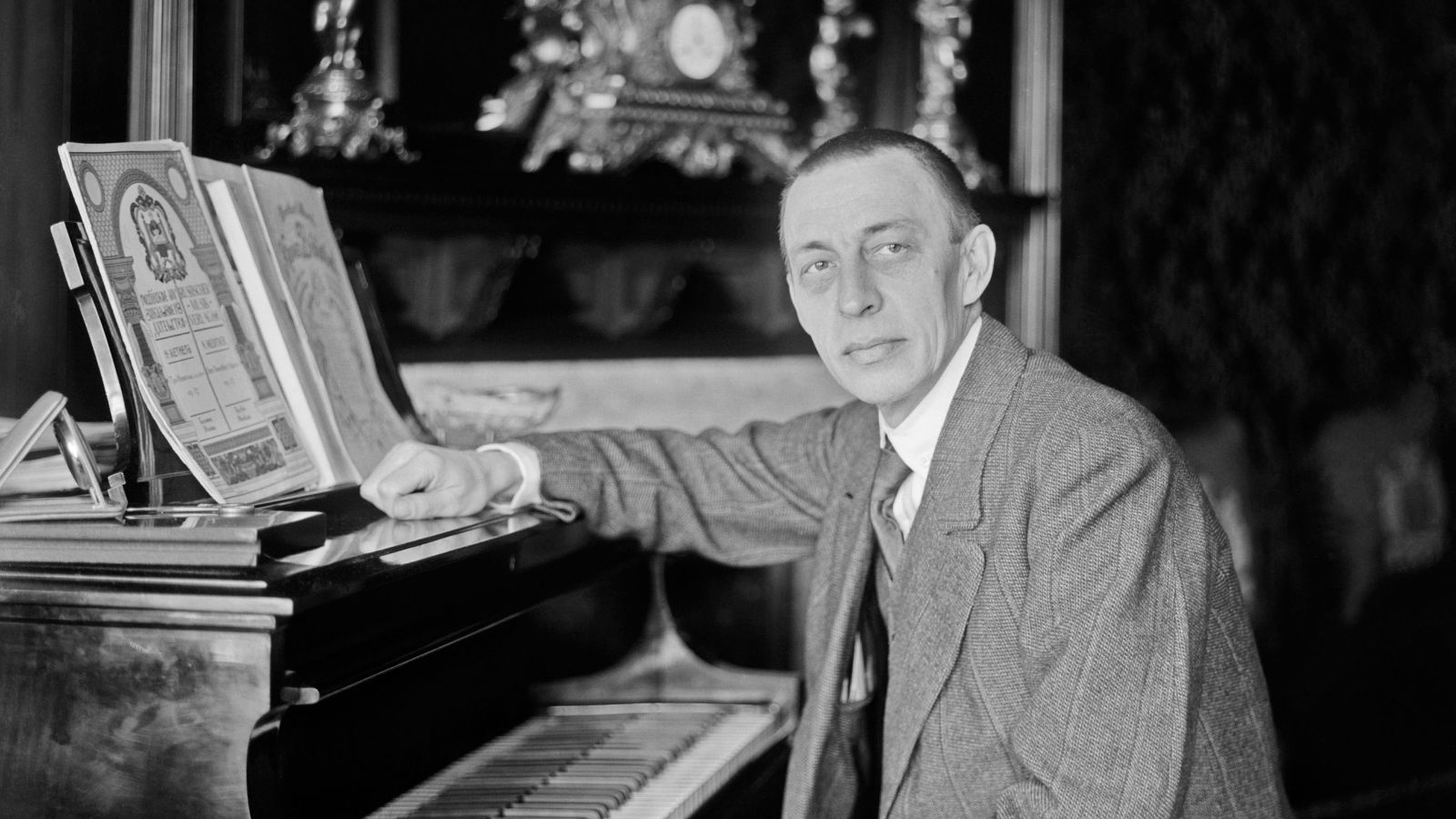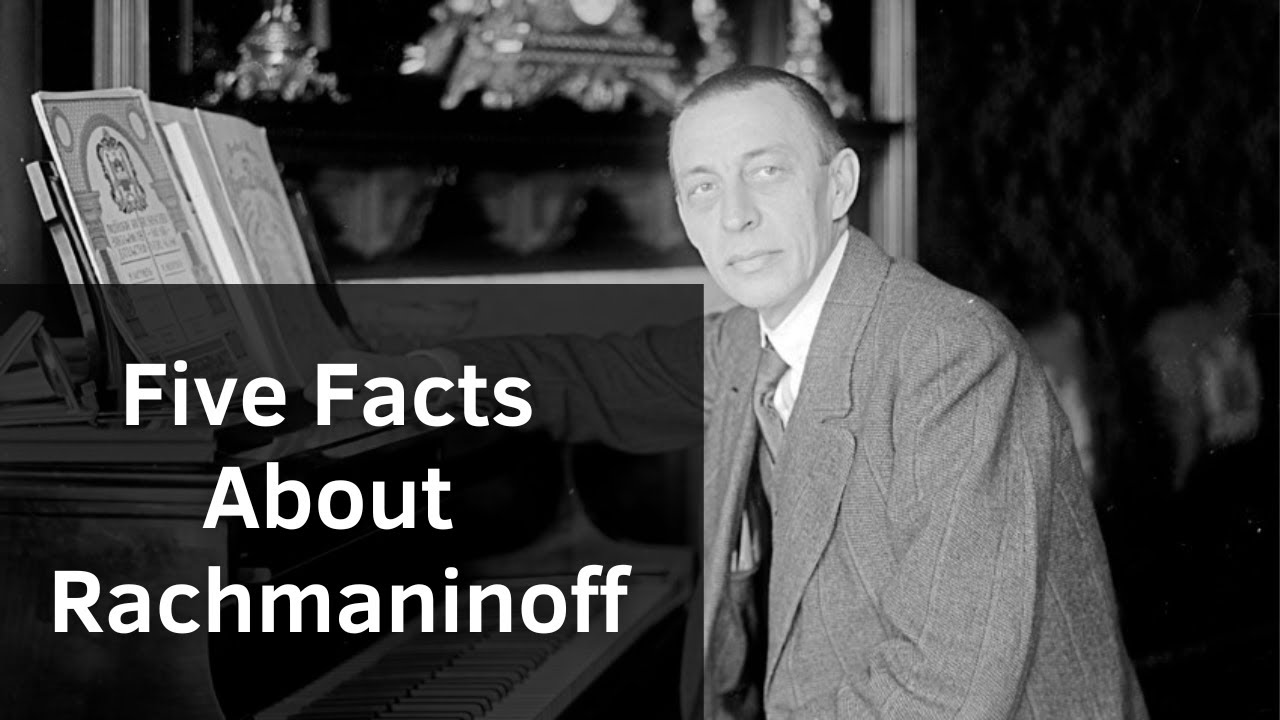
The 5 Best Compositions by Rachmaninoff
Sergei Rachmaninoff (1873–1943) was one of the last great Romantic composers, known for his lush harmonies, emotional depth, and virtuosic piano writing. His music remains[…]

Top 10 Rachmaninoff Songs
Sergei Rachmaninoff, one of the last great representatives of Romanticism in Russian classical music, was a virtuoso pianist and a prolific composer. His works are[…]

Life and History of Rachmaninoff
Sergei Vasilyevich Rachmaninoff was a Russian composer, pianist, and conductor, widely regarded as one of the greatest composers of the late Romantic period. He was[…]

Five Facts You Didn’t Know About Rachmaninoff
Five Facts You Didn’t Know About Rachmaninoff 1. A young musical genius Sergei Rachmaninov was born on 1 April 1873 in Semyonovo, north-west Russia. As a[…]

Rachmaninoff Biography – Music | History
Sergei Vasilyevich Rachmaninoff (1 April 1873 – 28 March 1943) was a Russian composer, virtuoso pianist, and conductor. Rachmaninoff is widely considered one of the[…]

Rachmaninoff – 10 Preludes Op. 23
Ten Preludes, Op. 23, is a set of ten preludes for solo piano, composed by Sergei Rachmaninoff in 1901 and 1903. This set includes the[…]

Rachmaninoff – Prélude Op. 23 No. 4
Ten Preludes, Op. 23, is a set of ten preludes for solo piano, composed by Sergei Rachmaninoff in 1901 and 1903. This set includes the[…]

Rachmaninoff – Piano Sonata No. 2, Op 36
Sergei Rachmaninoff – Piano Sonata No. 2, Op 36 Piano Sonata No. 2, Op. 36, is a piano sonata in B-flat minor composed by Sergei Rachmaninoff[…]

Rachmaninoff – Piano Concerto No. 3
Sergei Rachmaninoff – Piano Concerto No. 3 The Piano Concerto No. 3 in D minor, Op. 30, composed in 1909 by Sergei Rachmaninoff, has the reputation[…]